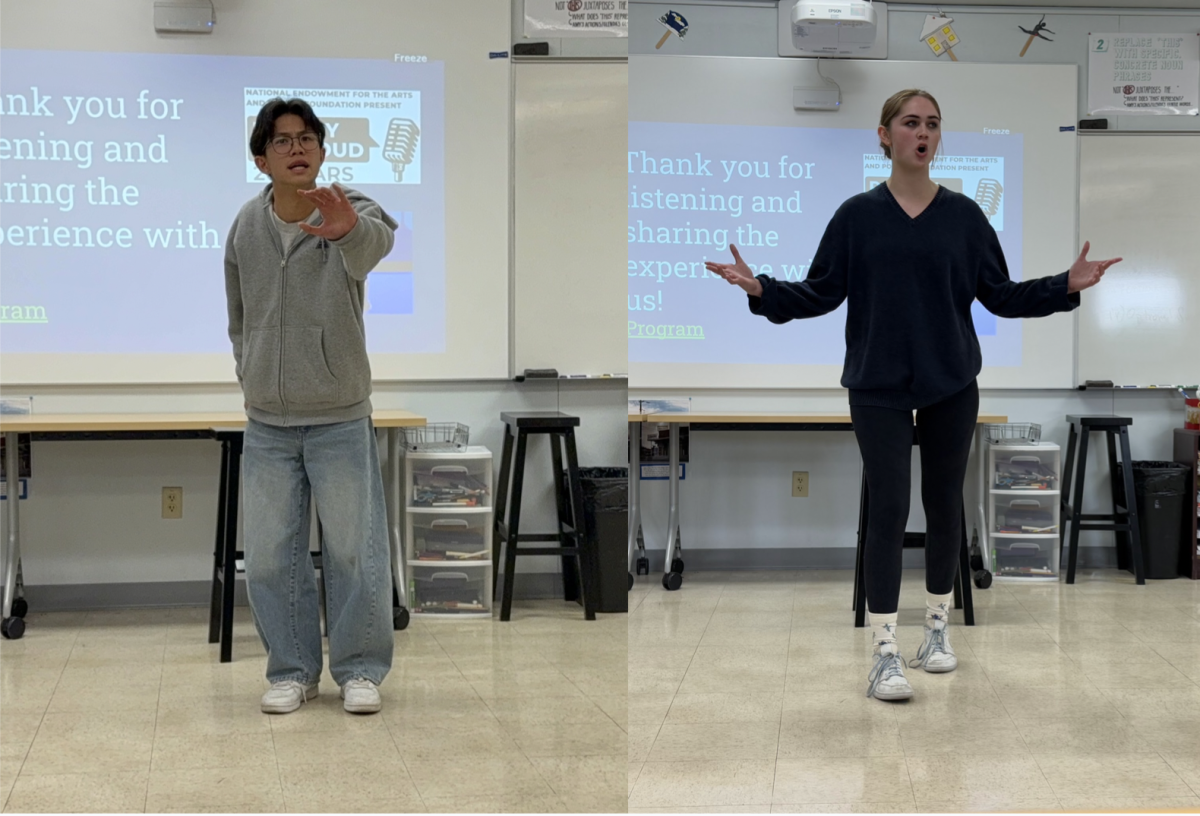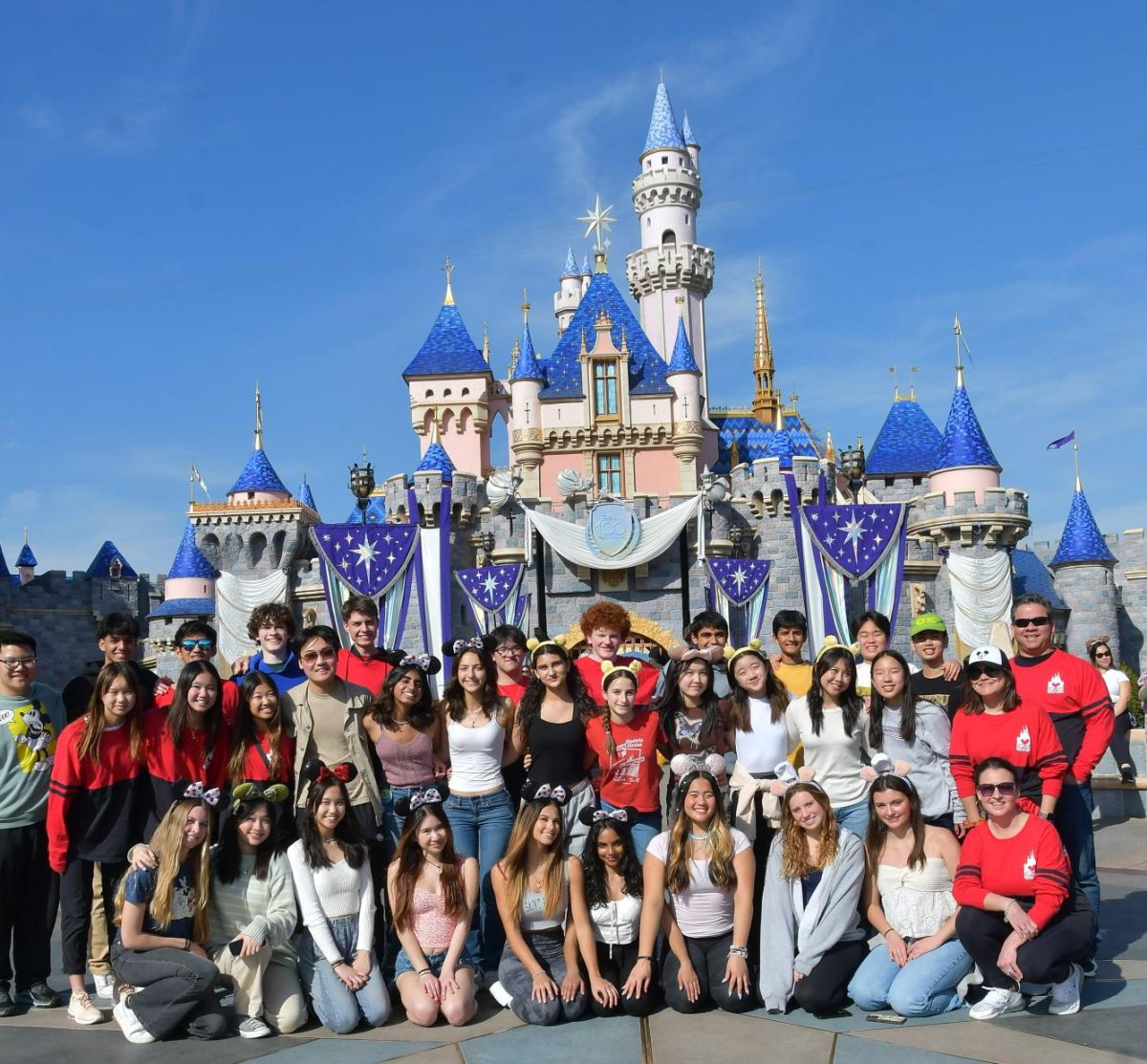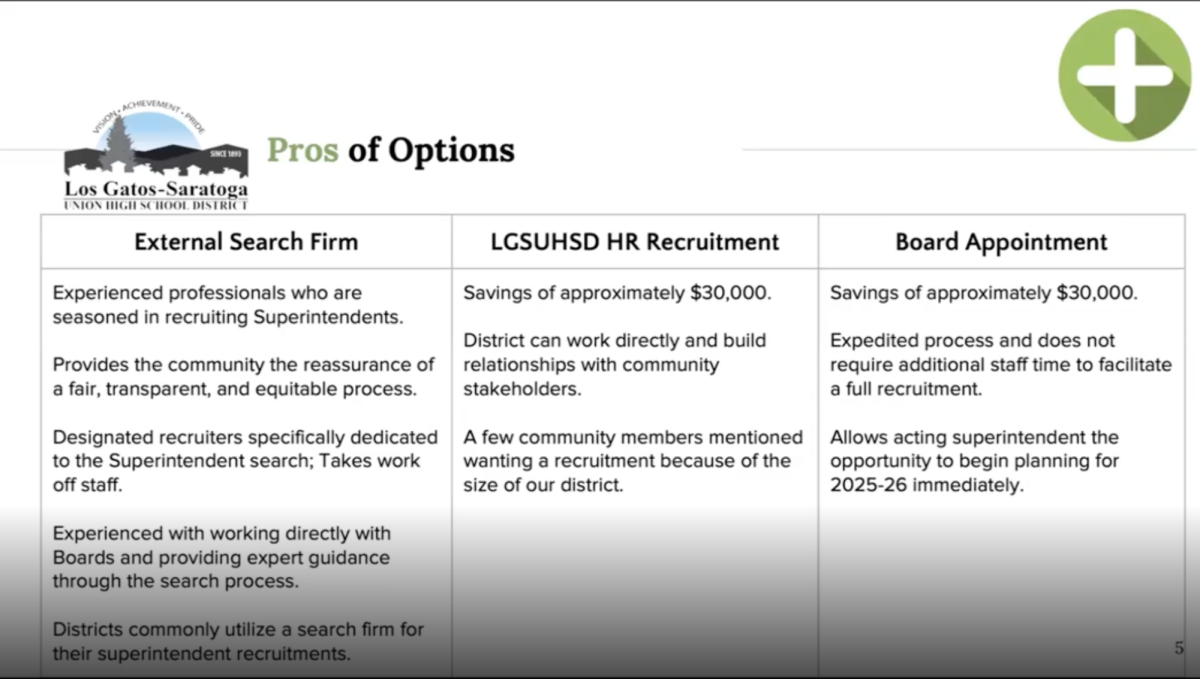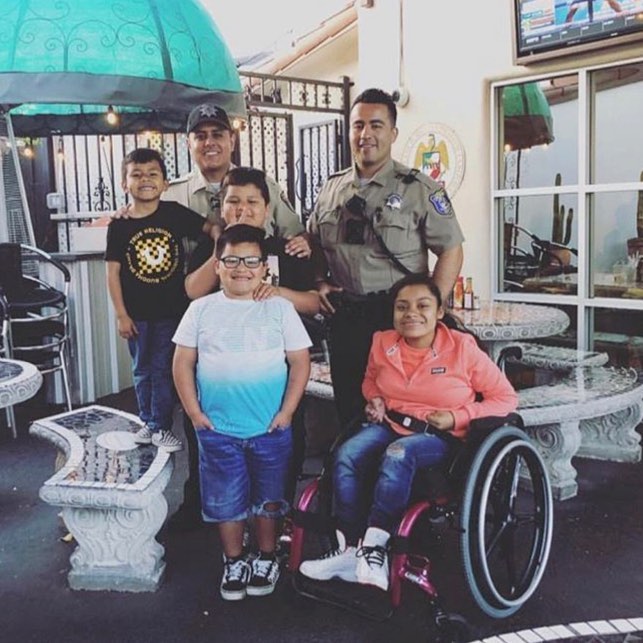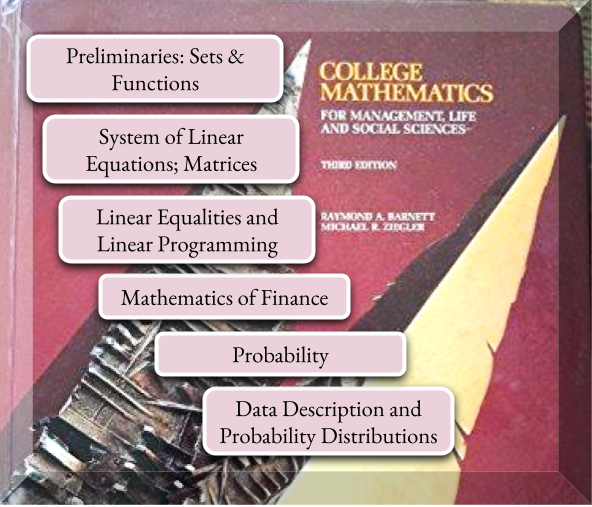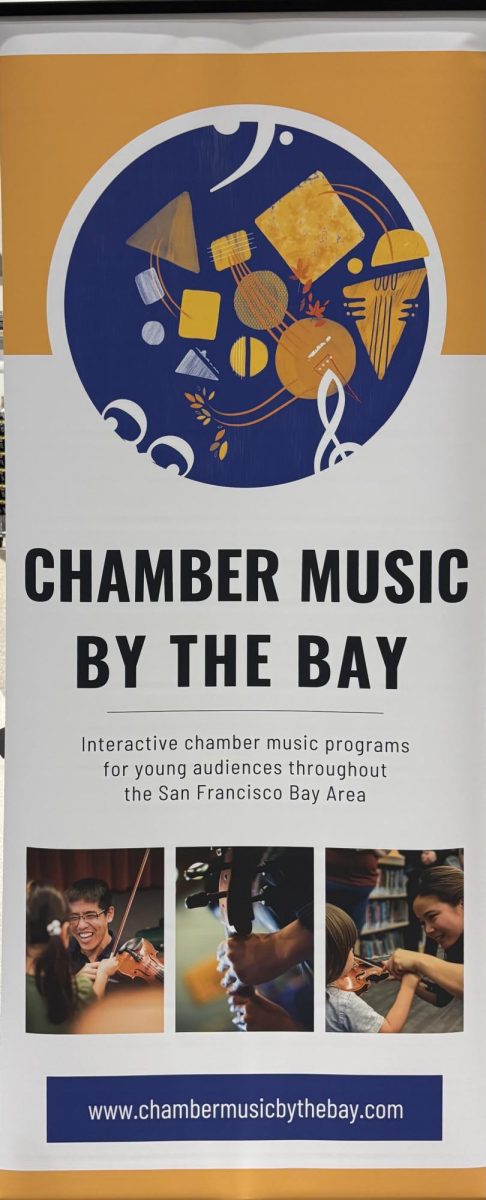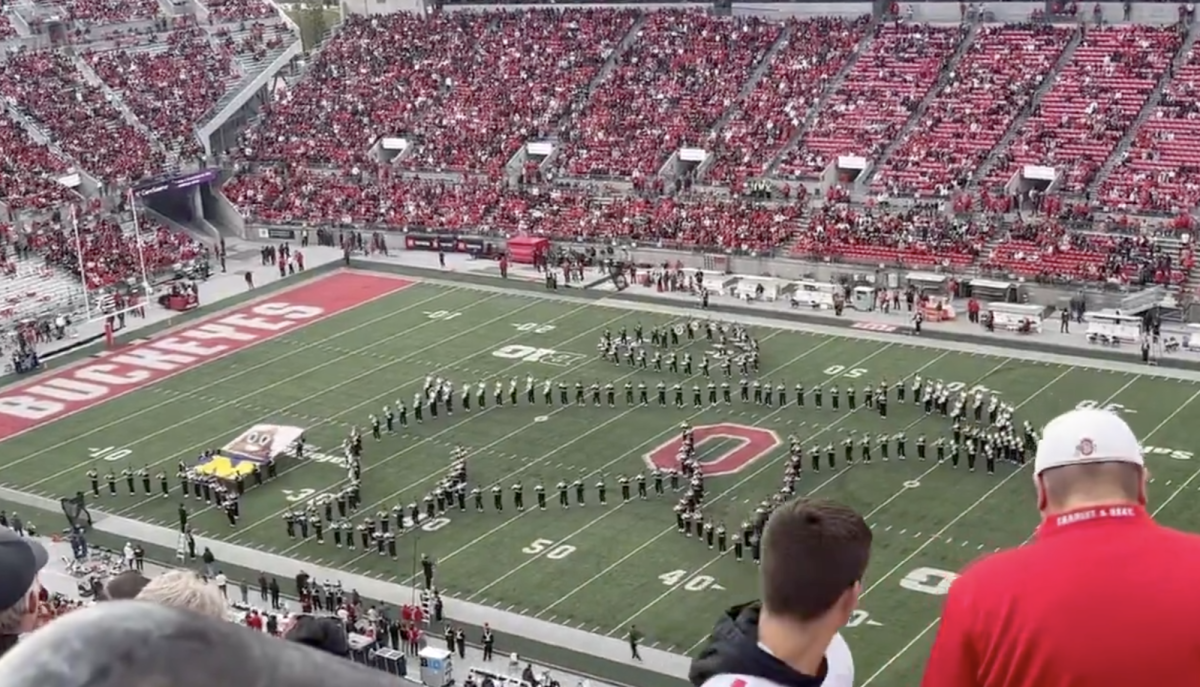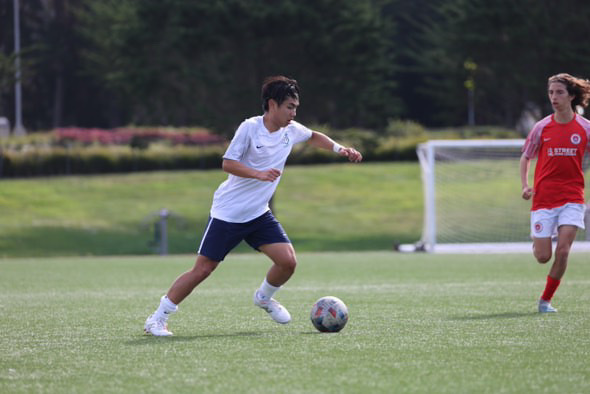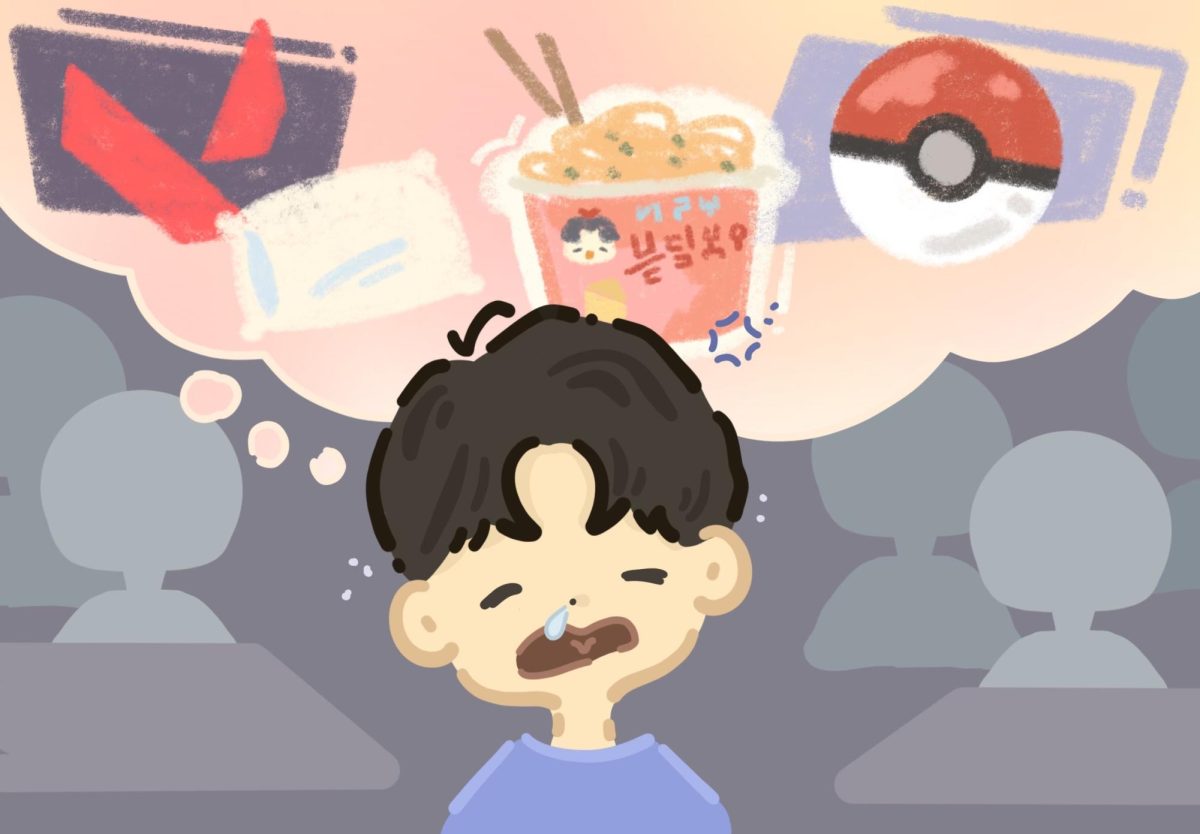For the first time on Aug. 20, ASB president Alan Cai, as a representative of student opinion, was allowed an advisory vote on the school board. Yet, on his first vote regarding the addition of a new district administrator position description, his advisory vote was expressed after the rest of the members had already voted, rendering his power as the SHS student voice useless.
In a time when the school board has grown increasingly disconnected from the realities at Saratoga and Los Gatos High, the vote of a student representative should hold more than symbolic power — and instead carry some weight in at least some decisions.
Although adolescent student opinions may quickly be dismissed as uninformed or childish, students — as we approach adulthood and develop greater awareness and sociopolitical literacy — should be given more of a say in our own affairs.
One striking example of how students could offer differing opinions from the school board was during Cai’s first vote. On Aug. 20, the board met to discuss the addition of another district-level administrative member to handle and increase accountability in budgeting. Given the district’s newly expanded budget, students and staff contended that the addition of yet another administrator was an unnecessary use of funds that could benefit other areas.
However, a logistical error meant that Cai’s vote was rendered useless: Although Cai was meant to vote first and inform board members of student opinion, Cai’s vote was recorded after all members had cast their ballot. In a tight vote — decided 3–2 in favor of the addition of position description. Cai’s voice, which could have been an influential factor, was drowned out. (The district has since put the position on hold after the controversy it generated.)
As a student representative, Cai eventually stated that he was against the addition of another administrator position.
“I decided rather early on to vote against the addition of a member to an already bloated district administration,” Cai said. “I believe that my vote was a reflection of the general temperature of the campus, given how important our teachers are to our student body.”
In this case, the input of a school-level representative would have been key: Students need immediate influence on matters that directly affect their education. The spending of at least $186,000 of district money annually, which could have been better spent on teachers’ salaries.
Giving the student body at least some measure of real power on the district board would also encourage the greater student population to engage in caring more about district policy. Every year, when a new ballot arrives in student inboxes, asking them to elect class representatives, my peers and I wonder what the purpose of these elections are. Becoming a class representative seems little more than a trivial affair, designed to give a few students something to write about on their college application. However, the role of a student-elected representative should far exceed this.
Giving a class representative a voice in real issues that affect the Saratoga and Los Gatos communities is imperative in indicating respect for student voices and increasing trust in student government. Indeed, the first focus area in LGSUHSD’s new Strategic Plan outlines student voice as a desideratum, showing the districts commitment to being accountable to their students.
Reaching beyond an advisory vote, the district should grant the ASB president of both Los Gatos and Saratoga High a full vote in board meetings. Who better to have a say in important school-specific matters than the elected representatives of each school?
While giving students a direct vote in district meetings may be illegal per current laws, this ought to change. Public elections determine the members of the district board; yet, the constituents of the district, the students, are age-barred from participating in these public elections. Many district board members have little to no connection with the day-to-day affairs of the students in the district.
A possible workaround might be holding district board members accountable to student votes. District board members could pledge to never vote against a unanimous vote from the Saratoga High student representative and the Los Gatos High student representative. If a board member were to vote against the collective student vote, this decision would hopefully have ramifications for their reelection prospects.
The district often purports to listen to student voices — whether it’s through lengthy annual surveys like the California Healthy Kids Survey or the often unpopular social-emotional learning initiatives like the monthly MOSAIC sessions— but at the end of the day, the most powerful voice of a student, their vote, should not be discounted. ASB representatives must be given ethos by actually giving their vote power in deciding district affairs.
When a student votes for an ASB officer or a class representative, they exercise democratic prerogatives essential to becoming a successful, contributing member of society. The purpose of student government is to simulate a true governing body, thereby teaching students of the value of democratic participation. By reducing the power of these positions — making them little more than figureheads seeking a line to add to their college application — the district tells students that their vote has no effect, leaving students less likely to participate in democracy as a whole.
Refusing to give student representatives power behind the excuse of their supposed immaturity is willful ignorance. Some of the most powerful movements in recent history, like uprisings in Bangladesh, have been spearheaded by students, college and high school-aged alike. Schools should not underestimate their own students: A majority of upperclassmen are already either at or near voting age or nearing voting age and some have even already registered for the military draft.
In the status quo, the district effectively escapes oversight from the population it is meant to serve. By giving students a real voice in the decision making process, the district would make a powerful statement that would recognize and reward the competence of student government. Empowering student opinions is essential in creating a better functioning district that can effectively fulfill the needs of its intended beneficiaries, the students themselves.

